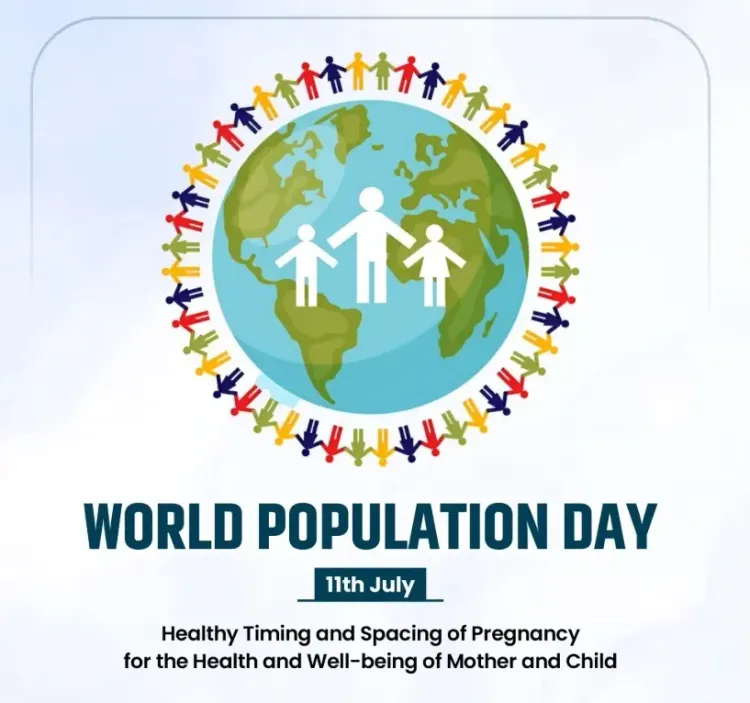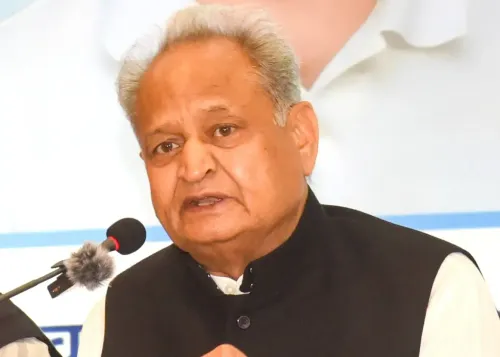Why is Planned Parenthood Crucial for Maternal and Child Health?

Synopsis
Key Takeaways
- Planned parenthood is essential for maternal and child health.
- World Population Day promotes awareness on family planning.
- Public health facilities are crucial for delivering family planning services.
- Women's empowerment is key to improving reproductive health.
- Quality healthcare and education are fundamental to societal growth.
New Delhi, July 11 (NationPress) Planned parenthood plays a vital role in ensuring positive outcomes for maternal and child health, stated Union Health Minister JP Nadda on the occasion of World Population Day this Friday.
Annually observed on July 11, this year’s theme is "Healthy Timing and Spacing of Pregnancy for the Health and Well-being of Mother and Child".
Nadda emphasized that World Population Day acts as a platform for raising awareness about family planning and reaffirming our dedication to tackling population-related issues
In his comments, he highlighted the significance of planned parenthood for favorable outcomes in maternal and child health.
He also reiterated this year’s slogan: “माँ बनने की उम्र वही, जब तन और मन की तैयारी सही”, which translates to "the right age to become a mother is when both mind and body are prepared".
Nadda pointed out that this slogan underscores the necessity of making informed and empowered choices regarding parenthood, considering both physical and emotional readiness.
He mentioned that public health facilities, including Ayushman Arogya Mandirs, are providing essential family planning services nationwide.
According to Nadda, these centers are empowering families and contributing to a healthier India.
With a population exceeding 1.46 billion, India is the most populous nation globally, just after China.
Poonam Muttreja, Executive Director of the Population Foundation of India, remarked that discussions should pivot from sheer numbers to women’s empowerment.
She stated, "India’s population narrative isn’t a crisis but an opportunity, provided we invest in women, youth, and cater to the needs of our aging population".
Highlighting the decreasing fertility rate, she stressed the importance of focusing on quality healthcare, education, skill development, and job creation. True progress and economic advancement arise not from coercive reproductive policies, but from empowering individuals, particularly women, to make informed decisions regarding their lives and bodies.
Muttreja called for shared responsibility, gender equality, and reproductive autonomy in policy and program-making.










